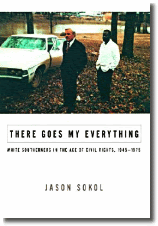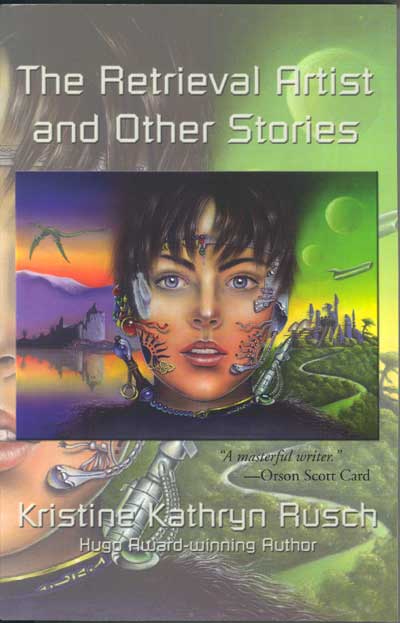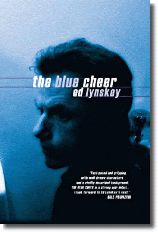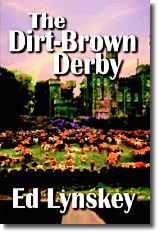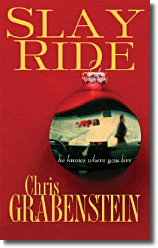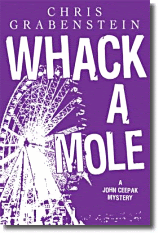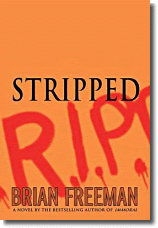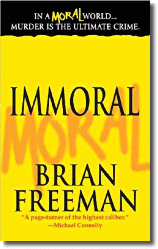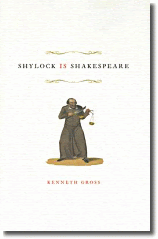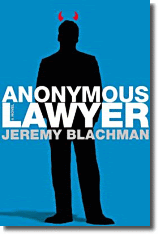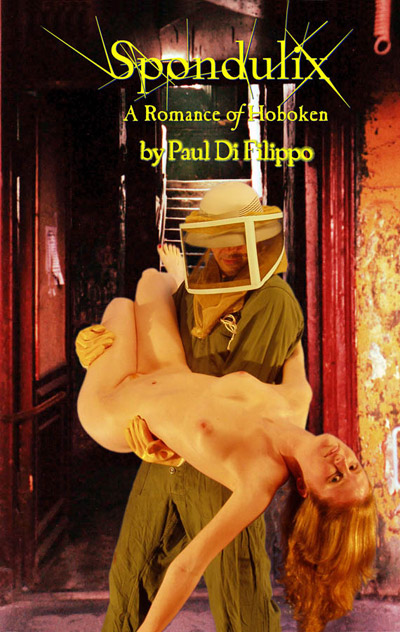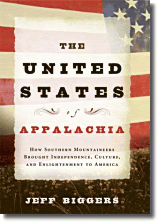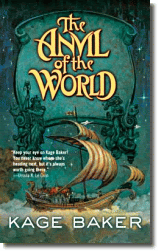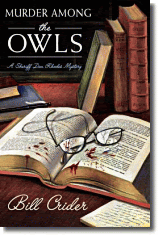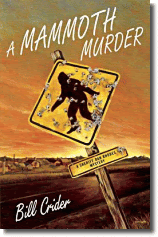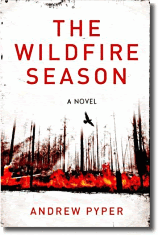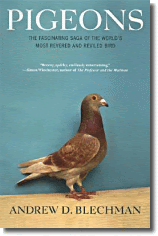 The movies use pigeons all the time, yet never in a starring role.
The movies use pigeons all the time, yet never in a starring role.Andrew D. Blechman recently published a well-received book about the birds, Pigeons: The Fascinating Saga of the World's Most Revered and Reviled Bird.
Here's what he reported when I asked for his input should Hollywood decide to make a movie out of his book:
Visit Andrew Blechman's website and read an excerpt from Pigeons.My book delves into humankind's obsession with a gentle little bird that only wants to be our friend. These birds somehow act as a magnified human foil, bringing out the very best in us, and the very worst. What better vehicle for a movie than a bird that elicits tremendous adoration and hatred and attracts bizarre individuals and subcultures to it like bees to honey.I picture the movie being split into several interlaced stories connecting these colorful figures in amusing ways. Here are a sampling: an obsessive pigeon racer whose birds live above his bed and who runs around his yard with a whistle training his birds like a soccer coach; a Walter Mitty-like "secret agent" who patrols New York City's street in search of pigeon poachers and other pigeon abusers; a rural loner who sleeps wrapped tinfoil because he can't afford heat and who dedicates his meager resources to breeding pigeons for national beauty contests (yup!); Mike Tyson (need I say more); the Queen of England ('nuff said as well); and angry white men who take great pleasure in slaughter thousands of pigeons in a morning for target practice. Oh, did I mention the Don Quixote of humane pigeon control who lives in downtown Phoenix with dozens of uncaged pigeons inside his house?Tying all these partially unhinged characters together is a bird with an unparalleled history and Olympic athletic abilities. But for the movie, I think I'd magnify the human characters and downplay the pigeon -- unless of course Benjy is an adapt "character" actor (I suspect playing a non-canine role might be a bit of a stretch, and Flipper, I'm told, frowns upon avian roles). Which human actors would play the other roles? Why the very best, of course. But the real magic would be in the directing. My choices are P.T. Anderson or Quentin Tarantino, because tying together multiple stories with a curious and edgy thread comes naturally to them. Such a movie would be a fascinating study of human nature, as well as unusually entertaining and heck, even informative.
The Page 69 Test: Pigeons.
--Marshal Zeringue
